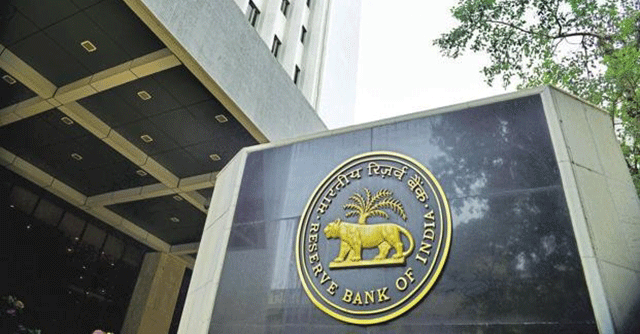
RBI to explore policy framework for BigTech in FY23


The Reserve Bank of India (RBI) on Friday said that it is concerned that the involvement of large technology companies in the financial sector brings along systemic risks and is therefore exploring a policy framework for digital banking, fintechs and such BigTechs in FY23.
The central bank said that while encouraging innovation, it is also factoring in the emerging risks in the fintech segment. “Greater use of technology accentuates the concerns related to cyber security,” the RBI said in its annual report for 2021-22 released on Friday.
All such risks, RBI said, have implications for financial stability and therefore its endeavour is to mitigate such risks through careful choice of technology and frameworks. All this while providing an impetus to the fintech sector in a wide array of useful applications in the financial service industry.

“To handle the above issues, the Reserve Bank’s approach will have to balance innovation with regulation, without compromising on any of the principles of risk management,” it said.
To be sure, this is not RBI’s first caution against risks emerging from large technology firms entering the fintech space. In a speech in September last year, Deputy Governor T Rabi Sankar had said that systemic risks, operational risks and risks affecting competition are of prime importance when dealing with large financial market infrastructure entities or bigtech.
On Friday, the regulator said that with increasing impact of fintechs on both macro aspects like financial stability and cyber security, and micro aspects like consumer protection and financial inclusion, it is appropriate to facilitate innovation while also bringing regulatory order.

To deal with the unique developments in the sector, RBI said that it has also made conscious efforts to reinvent its primary role as innovation facilitator.
“The Reserve Bank has also assumed non-conventional central banking role through its initiatives such as regulatory sandbox, establishment of the Reserve Bank Innovation Hub, conducting hackathon, among others,” it said.
Meanwhile, the RBI also set up a fintech department in January. The traditional financial landscape has witnessed a fundamental change in its structure and way of functioning, mostly driven by the widespread adoption of technology in the last decade, it said.

RBI also advocated the need for legislations and regulations for the fintech sector, which so far is not as tightly-regulated as traditional banks and even non-bank financiers. According to the regulator, fintech has disrupted the banking, financial services, and insurance (BFSI) segment in its way of product structuring, back-end analytics and delivery of services. Although such innovations, RBI said, first disrupts the market but once it establishes its constructive role, the regulators and authorities step in to regulate the space to nurture the innovation and mitigate any associated risks.
“Even though innovations claim to thrive best when free of regulations, regulations or legislations are needed for sustainable growth of a sector,” it said.
